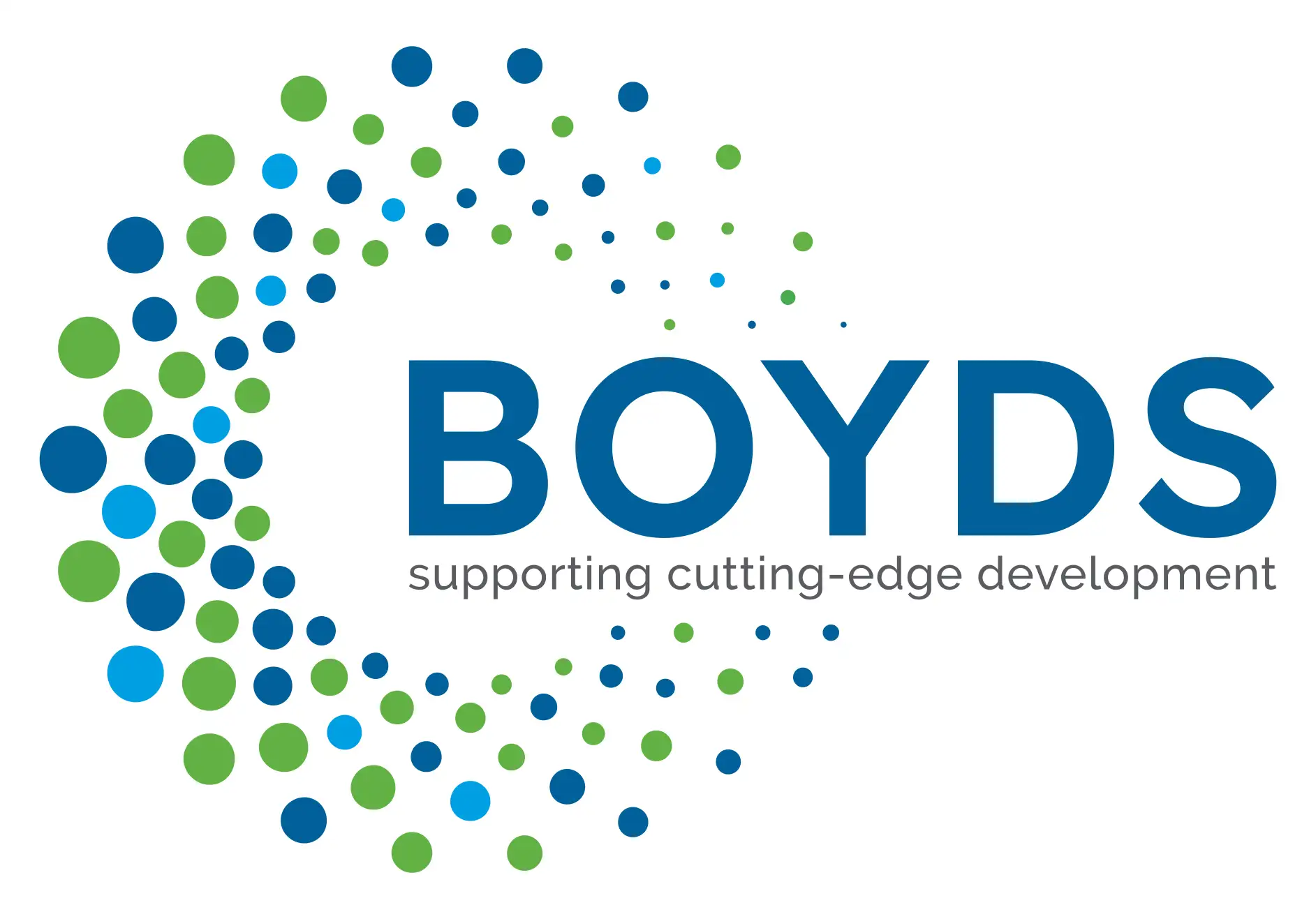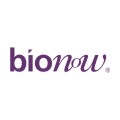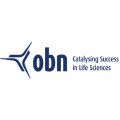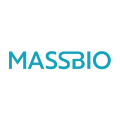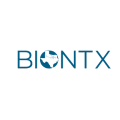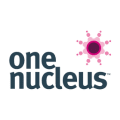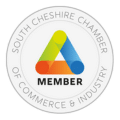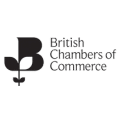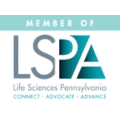An increasing number of academic groups, new start-ups, biotechs and small pharma companies are turning to Boyds for professional programme management support and guidance to help them progress their ideas into medicines for patients. Dr. Nick Meyers, Vice President of Product Development at Boyds, reflects on the benefits of putting a credible development plan in place from an early stage to help navigate the pathway, overcome challenges and improve efficiencies.
One indirect effect of the COVID pandemic, and the successful development of numerous vaccines at an unprecedented pace has resulted in a greater-than-ever demand for new, effective medicines to be developed more quickly and efficiently without compromising on safety. However, and arguably, vaccines are a special case and more often than not the path to the clinic and subsequently from the clinic to market is complicated and remains a ‘long game’, regularly punctuated by scientific and technical challenges to be overcome, new regulatory hurdles and therefore, a degree of uncertainty at every stage.
Academic groups, start-ups and small biotechs are where many of the ideas and cutting edge technology arise, however, small organisations or groups often lack the expertise and/or the ability to move their idea forward. CEOs and CSOs are typically busy with their day jobs, which often involve academic and clinical commitments, or working with their Boards and investors. Therefore, finding a means of moving their programmes forward when the company does not have employees internally with industry experience of the drug development pathway often represents a significant hurdle, which is where Boyds can help.
Early involvement
Thinking about managing the R&D programme in the right way at an early stage can help to develop realistic timelines and inform the resources required.
How then do you get the project off the ground? This requires project leadership from the Programme Director, to assemble the right team (which can include employees within the company, external consultants, employees within vendor organisations and other consultants at Boyds), lead the project and to manage budgets and timelines to ensure that corporate goals are met.
“We can get involved at any stage, but ideally the earlier the better – even during the candidate selection phase, before the development work proper is initiated. For example: we can advise on suitable lead and back-up candidates, help to map out the development programme, identify necessary & useful regulatory interactions and key data-driven inflection points, assist in the selection of key vendors for the programme (i.e., CDMOs, nonclinical and clinical CROs), even if required, providing an R&D Director role, reporting to the Board and investors. These are the ways in which we can positively impact the programme. In summary, we can move the project forward, even within an environment in which funding is limited.”
Finding the right partner
For companies or groups progressing a small, perhaps single product portfolio, it can be more efficient to operate virtually and out-source essentially all development activities, including specific expertise such as programme management. In this type of model, the key to success is ensuring that a consultant Programme Director is fully aligned and ideally embedded within the company’s own team, building a deep, collaborative partnership.
“This is exactly how we work at Boyds. Our consultants work as an extension of our client’s team. It is easier then to understand and align with the client’s strategy, and the resources available to deliver the project. Our partnership approach doesn’t end with our Programme Directors, we have an extensive network of specific experts (e.g., toxicologists, statisticians, safety physicians, medical device consultants), as well as our own in-house regulatory, clinical operations teams and a clinical & medical affairs group staffed by pharmaceutical physicians. This is a huge differentiator over and above what an independent freelance programme manager could offer. This also enables us to provide a seamless service to our clients and avoid issues and delays. We always keep the clients’ end game in sight and know we always go the extra mile to ensure a smooth passage through the product development process.”
Every project is different
Boyds works on a wide range of product types (e.g., small molecule NCEs, novel biologics such as antibodies, protein conjugates, vaccines, ATMPs like viral vector-based gene therapies or siRNA products, exosomal- and nanoparticle-based therapies) across all stages of development and also on a wide range of projects. For example, in recent years the team has undertaken technical and commercial due diligence activities, helping investors to understand the opportunities and viability of investing in assets, companies or facilities, as well as assisting with the spin-out of new start-ups from academic groups and advising on their operational structure and processes.
Proven track record
Boyds’ product development team comprises a team of highly experienced Programme Directors, who have worked across a wide range of product types, stages of development and therapeutic areas, in pharma, biotech and global CROs. Critically, this depth of experience enables us to provide clients with strategic input into their programmes, helping them to devise an integrated development plan to take their product(s) through to the next inflection point or development phase, to a successful acquisition or licensing deal, or through to regulatory approval and the market!
“Our approach is hands-on and flexible. We are happy to adapt and support our clients in whichever way works best for them. Our clients trust us to deliver, and we do. They benefit from our wide-ranging experience in programme management, our understanding of different therapeutic areas and treatment modalities, through to our expertise in working with cutting edge and complex technologies. Personally, I know we are doing a great job when the client has forgotten that their Programme Director is a consultant and see us simply as an integral part of their team. For me, that is job done.”
Boyds is passionate about supporting the development of medicines for patient benefit. To find out more about how Boyds can help you with all aspects of development from pre-clinical activities, through to manufacturing, clinical studies and regulatory approvals, contact a member of the team.
About Nick Meyers
Dr. Nick Meyers is an experienced Programme Director with over 25 years’ experience within the industry, working in large and medium-sized pharma, biotech and the CRO sector, delivering internally-resourced and outsourced projects involving multi-disciplinary teams split across numerous companies and geographies.
Since moving into industry in the mid-1990s, Nick spent 8 years with SmithKline Beecham leading internal research projects and collaborations with academic groups, working and publishing in a number of diverse fields, followed by 12 years working in two small, virtual biotech companies in the UK (Alizyme Therapeutics Ltd and Phytopharm plc), where he was responsible, respectively, for the development of novel small molecules for the treatment of IBS-C & IBS-A and Parkinson’s disease & ALS, taking those assets from pre-clinical development through late-stage clinical trials. More recently, Nick worked for the global CRO, PPD Ltd, providing programme management support for biotech and small pharma companies developing small molecule and biologics for the treatment of respiratory diseases; and with Daiichi Sankyo Development, providing programme management expertise for two products being developed for the treatment of pain and a product being developed for the treatment of asthma. In all of these roles, Nick has been responsible for all aspects of the programmes (CMC, nonclinical, clinical and regulatory).
Nick joined Boyds in 2016, since when he has built the Programme Management team, as well as working closely with a number of clients, managing numerous projects in different therapeutic areas.
